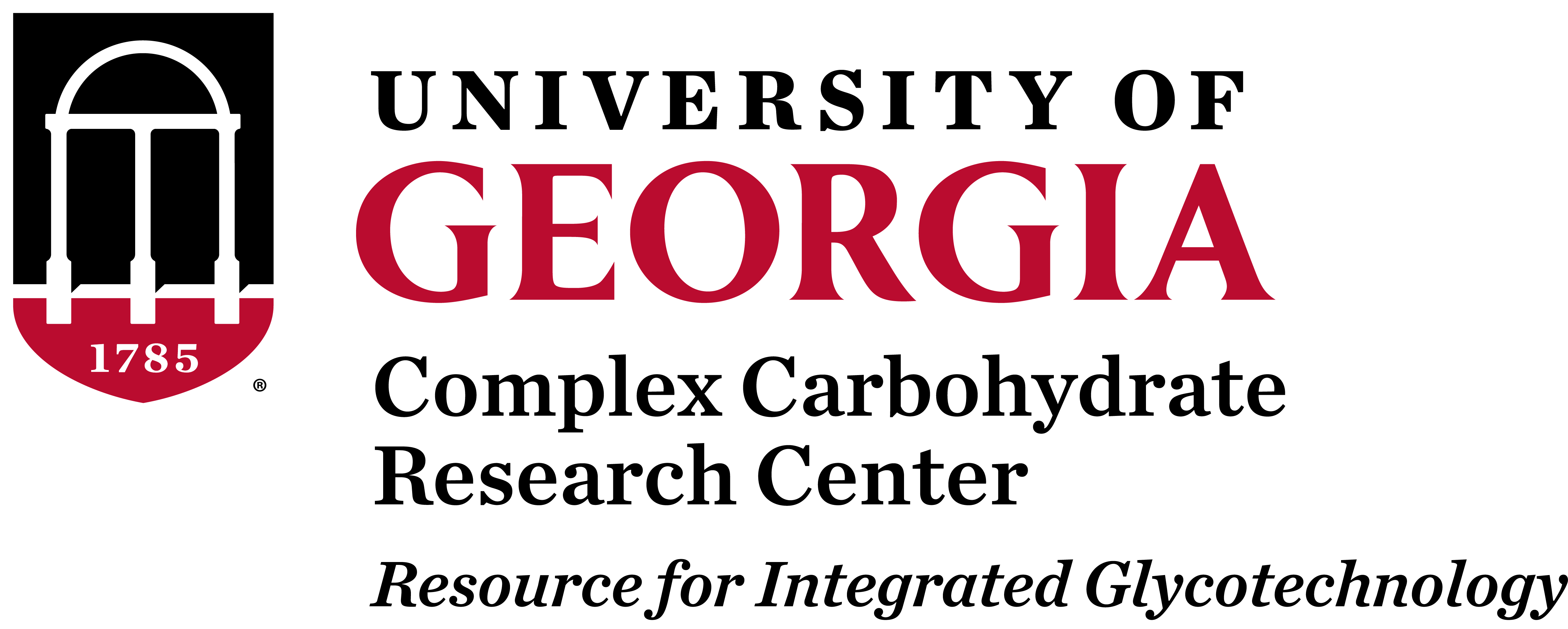Resources
Glyco-enzymes
Repository of Glyco-enzyme Expression Constructs
A repository developed to provide access to expression constructs for production of glycosyltransferases, glycoside hydrolases and numerous glycan modifying enzymes for expression in bacteria, insect cells (baculovirus) and mammalian cells.
Resource website »
GLYCAM
Build oligosaccharide and glycoprotein PDBs quickly and easily.
GLYCAM began as a set of parameters (force constants) for carbohydrates. It allowed researchers to run molecular dynamics simulations of systems containing carbohydrates using the AMBER force field. The Woods group has now developed a versatile biomolecule builder which allows anyone to easily create PDB files of their favorite saccharides along with all the necessary input files for use with AMBER molecular simulation programs. Glycoproteins may also be created. After uploading a protein structure in PDB format you may build a glycan onto the protein or choose one from the library.
Resource website »
GLYLIB
Libraries for manipulation of molecular data files.
“GLYLIB is a set of libraries designed to facilitate highly creative programming involving molecular data.” These libraries have been developed over time in the Woods lab as a set of utilities to handle repetitive tasks or simplify data manipulation. The libraries are written in C and are downloaded using the open source version control system, Git.
Resource website »
REDCAT
Analysis of residual dipolar couplings (RDCs).
REsidual Dipolar Coupling Analysis Tool. A user friendly program that not only calculates order tensors and back calculates RDCs but can also perform error analysis and simulate the effects of dynamic averaging. The program may be run using the built in graphical user interface (GUI) or by command line. Available for Linux and OS-X operating systems. Program is now maintained by Dr. Homayoun Valafar at the University of South Carolina.
Resource website »
Faces
Faces Scheduling System
A web-based instrument scheduling service. We use this system to schedule time on the many NMR spectrometers and reserve time in the center’s conference rooms. This free service is also used by other departments on the UGA campus and other universities around the world.
Resource website »
SECNMR
The Southeast Collaboratory for Biomolecular NMR: instrumentation and expertise.
The Resource provides collaborative access to forefront NMR instrumentation and expertise for the characterization of proteins, glycans, and protein-glycan complexes. Facilities include high resolution NMR instrumentation up to field strengths of 21T (900 MHz), as well as specialized instrumentation for DNP enhanced metabolic studies.
Resource website »
